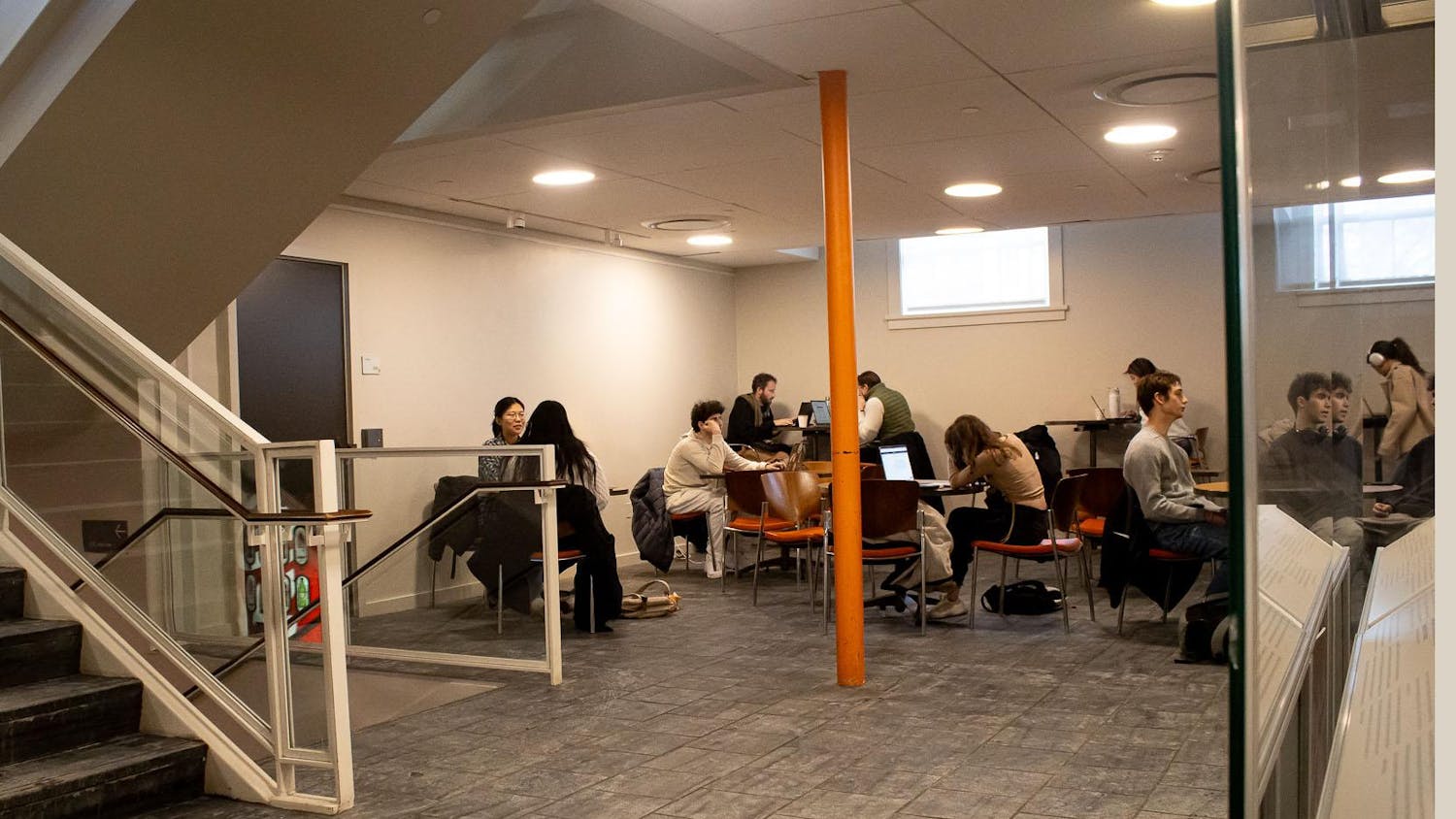The Undergraduate Council of Students may issue a referendum later this month asking the student body for its thoughts on the Citizens United Supreme Court decision.
Citizens United, a 2010 Supreme Court decision, affirmed the First Amendment right of corporations, labor unions and other groups to spend independently for political purposes, and has spurred controversy over the influence in Washington of special interest groups and lobbies. It has been criticized by politicians including President Obama and Senator John McCain.
In issuing a referendum, the Council would solicit opinions from the student body about the controversial court ruling. Depending on the response UCS finds, it may or may not issue a resolution taking a stance on the case.
The idea stems from the Brown Political Forum, which was approached this past summer by a nonprofit called Free Speech for People. The group asked BPF to pass a “resolution taking a stance against Citizens United,” said Ben Resnik ’15, president of BPF and editor-in-chief of Post- magazine.
Because BPF is a discussion group and does not take official political stances, the group passed the suggestion to UCS and offered to host a forum on the potential resolution, Resnik said.
BPF will host a student discussion Oct. 29 about Citizens United. Following the forum, attendees will vote on whether or not UCS should issue the potential referendum, Resnik said. After issuing the referendum, UCS would decide if taking a stance for or against Citizens United would be appropriate.
“I think that whatever happens at our meeting on Oct. 29, UCS should listen to, because it’s their constituent who will be speaking,” Resnik said.
Though UCS and BPF have not yet met, UCS President Todd Harris ’14.5 and UCS Vice President Sam Gilman ’15 wrote in an email to The Herald that they are “planning to meet in person to hear more about their ideas.”
“It is important for UCS to meet with student leaders and help them find the appropriate avenues to advocate for their interests,” they wrote.
“UCS members have to get a certain number of signatures and want to represent students’ interests,” Resnik said. “This is a large, obvious opportunity to engage with the student body and have an important conversation.”
Resnik said the conversation is about whether or not students and the academic world should be influential in having a role in the national political scene. “So I do think that there’s a great deal of nuance within the question itself because we’re having it here,” he said.
There is precedent for UCS to issue political stances, which happened last year when UCS supported a resolution encouraging the University to divest from a particular group of coal companies.
UCS has also “written resolutions in the past on campus issues to send strong, specific language to the administration on our stances,” which has been done to stress the importance of dorm renovation, Harris and Gilman wrote. UCS has sponsored other resolutions on “timely national issues such as the student loan crisis,” Harris and Gilman wrote.
Though the Citizens United decision occurred in 2010, the BPF discussion is timely because of arguments Monday in front of the Supreme Court in the McCutcheon v. Federal Election Commission case, Resnik said. McCutcheon v. FEC could result in decreased regulations surrounding individuals making political donations, which are currently capped at $123,200 per election cycle.
“It is a particularly significant moment. I mean, you saw 2012: more than a billion dollars spent by either candidate for the election,” Resnik said.
ADVERTISEMENT




